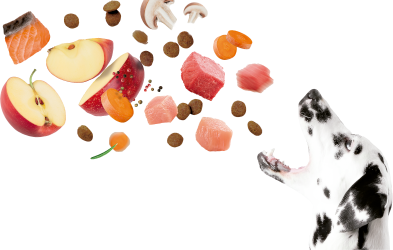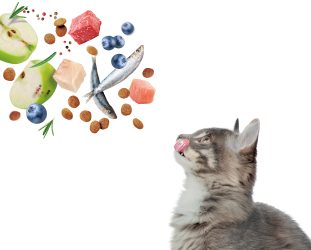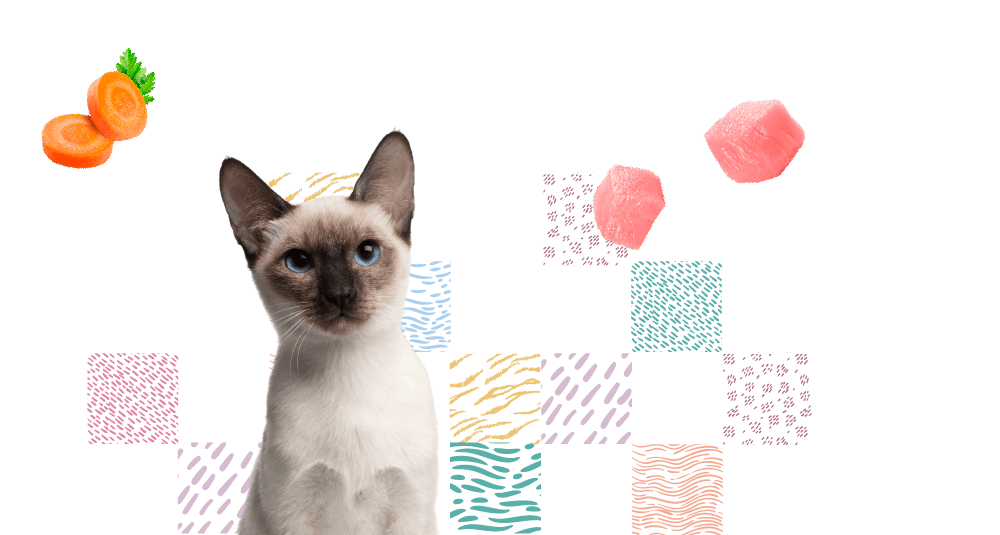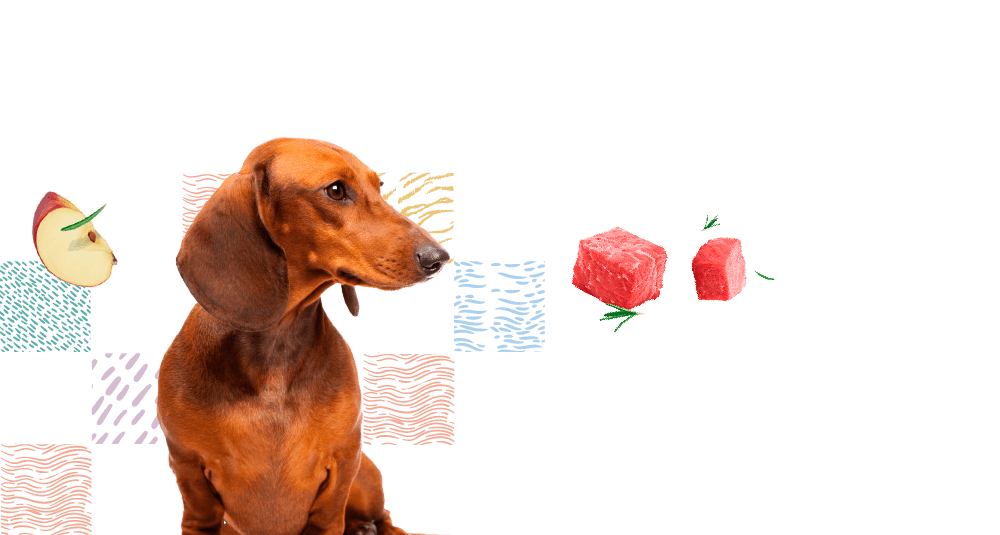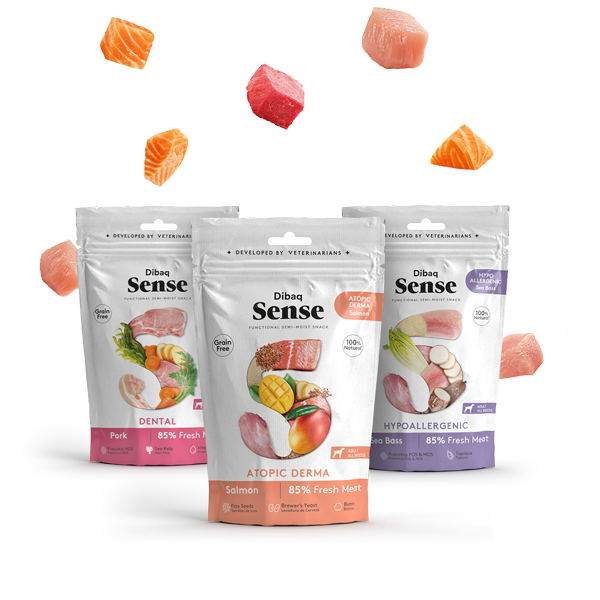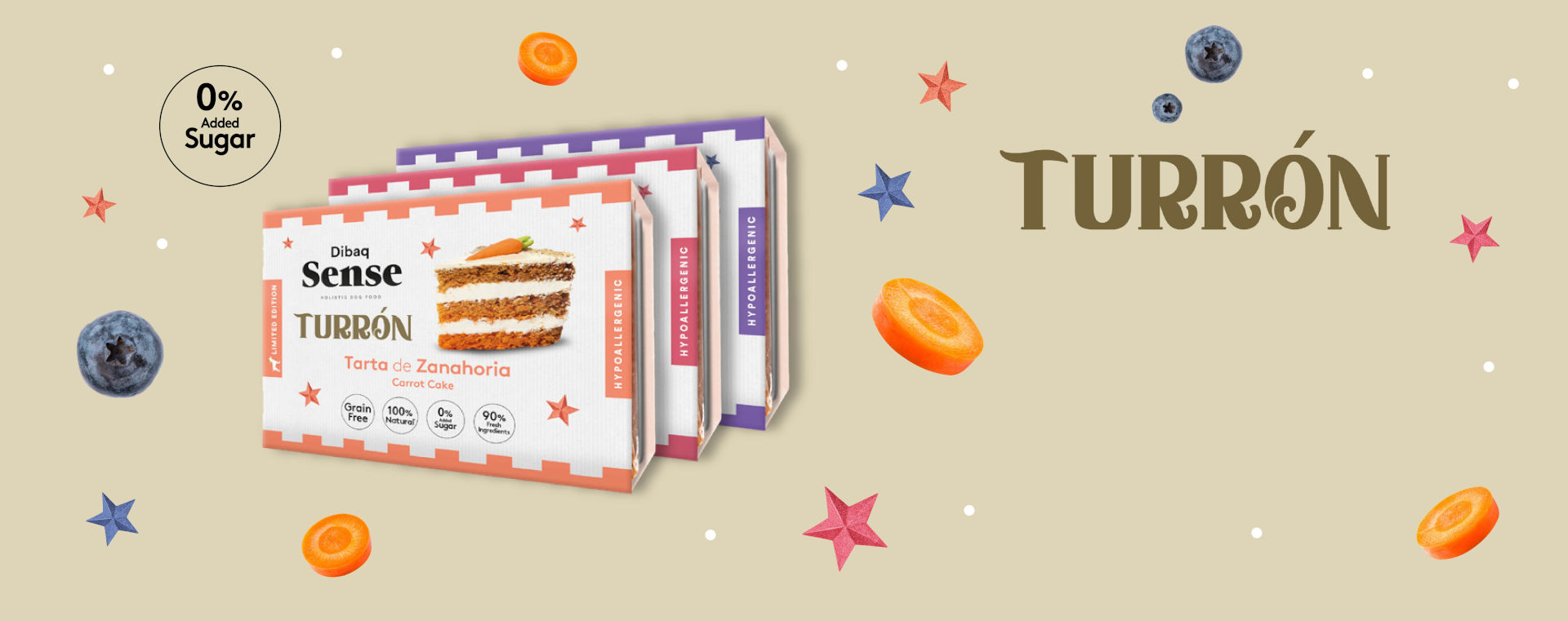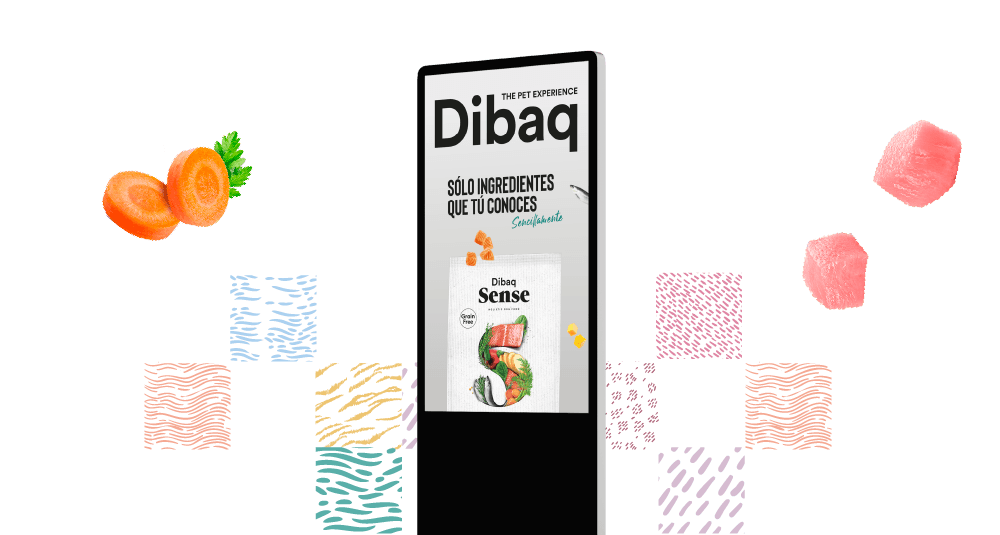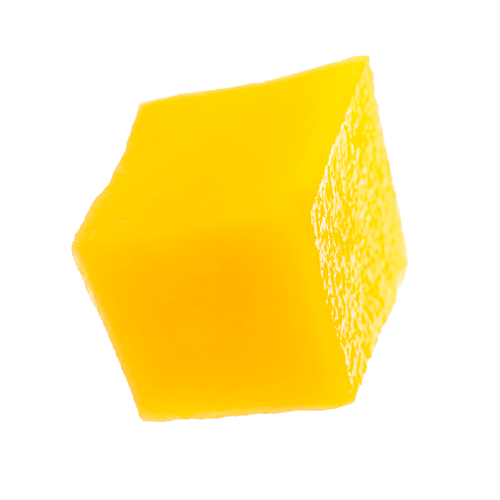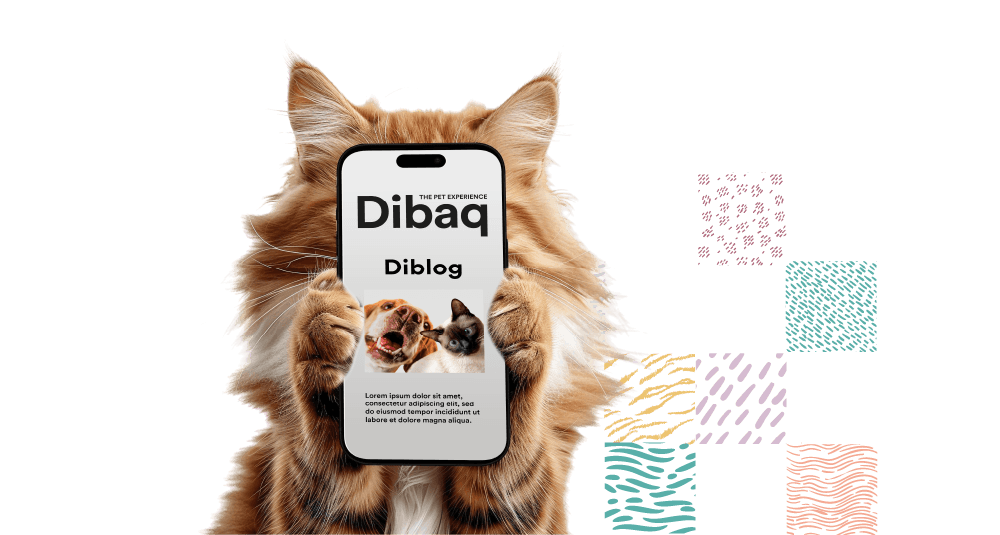Recommended diet for overweight cats
Being overweight in cats is a more common problem than you might think and can have a significant impact on their health and quality of life. An overweight cat is more likely to develop diseases such as diabetes, joint problems, heart disease, and a shorter life expectancy. Therefore, if your cat needs to lose weight, establishing a proper diet is the first step in helping them regain their well-being.
In this post, we'll tell you how to identify if your cat is overweight, what type of diet is best for them, and some practical tips for managing their weight safely and effectively.
.png)
How to know if your cat is overweight?
Before changing your cat's diet, it's important to confirm whether he or she is truly overweight. Some common signs include:
- Difficulty palpating the ribs or spine due to fat accumulation.
- Prominent abdomen or rounded shape.
- Lack of waist visible when looking at the cat from above.
- Fatigue or lack of willingness to play.
- Difficulty grooming due to fat accumulation in areas such as the back or base of the tail.
Your veterinarian is best able to assess your cat's body condition and determine if it needs weight loss. They will also help you establish a diet tailored to your cat's needs.
Principles of a diet for overweight cats
Low-calorie, but nutrient-dense foods
It's essential to reduce your cat's calorie intake without compromising their nutrition. Foods specifically designed for overweight cats typically contain less fat and more fiber, helping them feel full on fewer calories. At Dibaq Petcare , for example, we have foods formulated for this purpose.
High-quality proteins
Cats are strict carnivores and require a protein-rich diet to maintain their muscle mass, especially during weight loss. Opt for foods that include animal protein, such as chicken, fish, or turkey.
Carbohydrate control
A low-carb diet is essential to prevent blood sugar spikes and promote healthy weight loss. Avoid foods that include excessive grains or added sugars.
Controlled portions
Feeding your cat precise portions is key. Use a kitchen scale to measure their food and follow the veterinarian's or food manufacturer's instructions. Dividing the daily ration into several small meals can help keep your cat satisfied throughout the day.
Adequate hydration
Cats that consume more water have better metabolism and kidney health. If your cat eats primarily dry food, consider combining it with light wet food to increase their water intake and improve their feeling of satiety.
.png)
Recommended foods
- Light or weight control foods: Designed specifically for overweight cats, these foods contain fewer calories but are balanced in essential nutrients.
- Low-fat wet food: In addition to being an excellent source of hydration, wet food can be a way to reduce the caloric density of your cat's diet.
- Healthy, low-calorie snacks: If you want to reward your cat, choose snacks specifically designed for weight control. You can also offer natural alternatives, such as small portions of cooked chicken without salt or seasoning.
Additional tips to help your cat lose weight
Promotes physical activity
Exercise is just as important as diet for weight control. Play with your cat every day using toys like wands, lasers, or balls. If possible, invest in a scratching post to encourage movement and climbing.
.png)
Avoid "free-for-all" food
Leaving food freely available can encourage overeating. Offer portions at set times to better control consumption.
Be consistent
Changes to a cat's diet should be gradual and consistent. Introduce the new food slowly over one or two weeks to avoid digestive problems.
Avoid human food
Human food scraps are often high in calories and fat, and contain ingredients that can be toxic to cats, such as garlic, onion, and salt.
Consult your veterinarian regularly
Have regular checkups with your veterinarian to monitor your cat's weight and adjust its diet if necessary.
Overweight in cats isn't just a cosmetic issue ; it's a condition that directly affects their well-being. With a proper diet, exercise, and the support of your veterinarian, you can help your cat achieve and maintain a healthy weight.
At Dibaq Petcare, we understand the importance of taking care of your pet's health and offer products designed for their specific needs . Remember that change may take time, but with patience and dedication, your cat will be active and happy again.
Your furry companion will thank you with purrs!
Share this content

